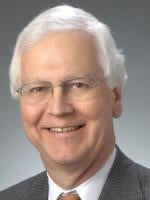In 2017, the Wisconsin Supreme Court adopted a new class action rule, modeled after Fed. R. Civ. P. 23, with the avowed purpose of aligning state class-action practice with the federal practice and encouraging resort to the body of case law interpreting the federal rule.
In the first published appellate opinion of which I’m aware that undertakes that charge, written by Judge Kitty Brennan of District I, the Wisconsin Court of Appeals affirmed certification of a class of persons claiming that they had been overcharged by a hospital for copies of their medical records. The decision is Harwood v. Wheaton Franciscan Servs., Inc., No. 2018 AP 1836. The case provides a good road map through the class-certification requirements.
The hospital’s principal argument on appeal was that the circuit court should have allowed more discovery before certifying the class. The appellate court upheld the certification as an appropriate exercise of discretion.
The only matter of substantive significance in the opinion was the court’s rejection (following the Seventh Circuit’s decision in Mullins v. Direct Digital, LLC, 795 F.3d 654 (7th Cir. 2015)) of the Third Circuit’s adoption of “heightened ascertainability standards” in such cases as Marcus v. BMW of North America, LLC, 687 F.3d 583 (3d Cir. 2012).




 />i
/>i

